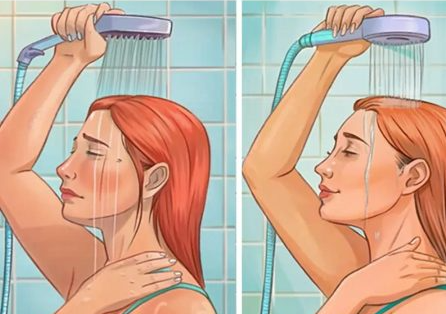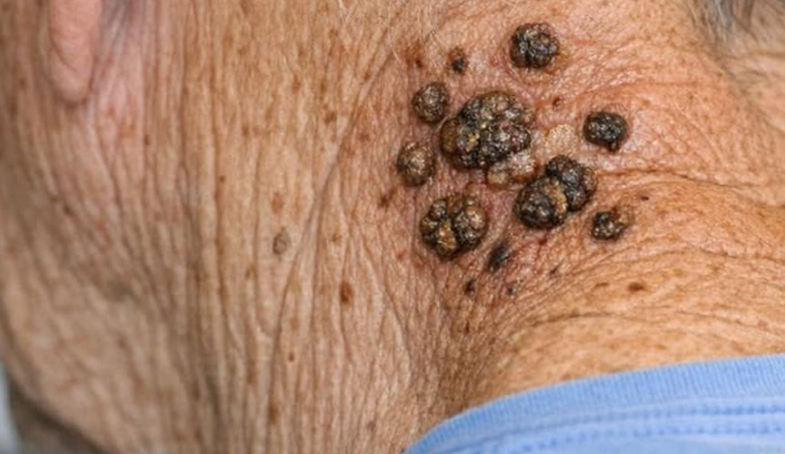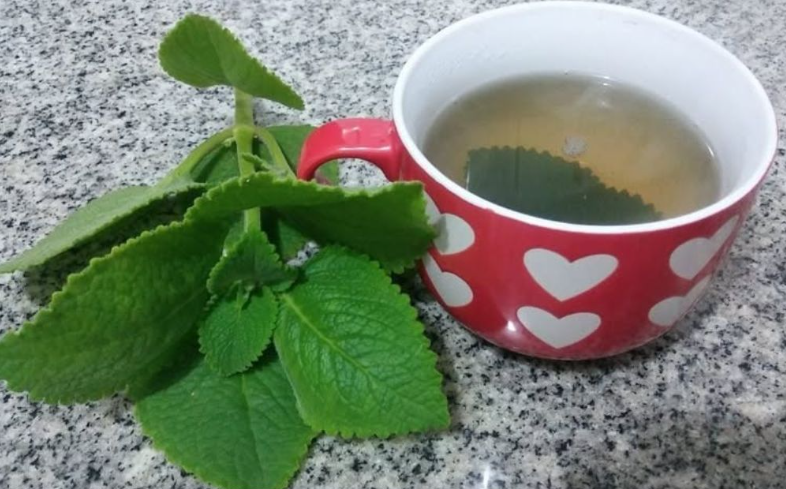Bathing remains one of life’s delightful routines. A soothing shower can invigorate your entire body, release built-up tension, and cleanse away the weariness accumulated throughout the day. Cleanliness plays a vital role in well-being, yet excessive bathing can lead to unintended consequences, particularly for seniors or individuals with delicate skin. Discover how bathing too frequently might influence your health in subtle yet significant ways.
1. It Removes Essential Natural Oils from Your Skin
Your skin features a delicate layer of natural oils that maintain its smoothness, moisture, and defense against external elements. Bathing excessively, especially with steaming water or strong soaps, eliminates these protective oils.
Over an extended period, this practice can result in:
- Dry, flaky patches on the skin
- Persistent itching or discomfort
- Heightened sensitivity along with early signs of aging
When your skin feels taut or irritated following a shower, this often indicates an over-removal of its inherent hydration.
2. It Alters the Skin’s Beneficial Microbiome
Skin serves as more than a simple shield—it hosts countless helpful bacteria that shield against dangerous pathogens. Regular scrubbing combined with antibacterial soaps can eliminate these protective microbes, rendering the skin prone to infections, swelling, and conditions like eczema.
Maintaining an optimal mix of skin bacteria supports a robust immune response. Occasionally, pursuing extreme cleanliness can diminish your skin’s resilience.
3. It Impacts Regulation of Body Temperature
Seniors frequently encounter challenges in managing body temperature effectively. Bathing too often, particularly in extremely hot or icy water, can trigger abrupt temperature changes that cause dizziness or lightheadedness.
Repeated hot showers might expand blood vessels and reduce blood pressure, resulting in weariness or episodes of faintness. Cold showers, meanwhile, can deliver a jolt to the system for those unaccustomed to them.
To promote safety, select water that feels comfortably warm without excess heat, and limit extended baths if dizziness tends to follow.
4. It Parches the Scalp and Compromises Hair Strength
Your scalp generates natural oils that feed and safeguard your hair strands. Frequent washing removes these oils, causing dryness, fragility, and potentially greater hair shedding.
Should your hair appear rough or snap with ease, consider decreasing shampoo frequency. Many individuals find that cleansing hair 2–3 times weekly suffices to preserve cleanliness and vitality.
5. It Might Leave You Feeling Exhausted Rather Than Revitalized
Although a shower can provide an uplifting sensation, multiple baths within a single day—especially following meals or exertion—can demand extra effort from your body to stabilize circulation. Rather than enhancing vitality, this may produce feelings of depletion, unsteadiness, or drowsiness.
Timing matters greatly: plan baths after your body has recovered from activity and at least one hour following a meal.
Recommended Bathing Frequency
- Most adults: Bathing once daily works well.
- Seniors or those with dry skin: Every 2–3 days often proves sufficient, supplemented by light sponge baths on alternate days.
Apply moisturizer immediately after bathing to replenish lost hydration.
Choose water that remains warm yet avoids extremes of heat or cold.
Select gentle, unscented soaps that preserve your skin’s natural oils.







